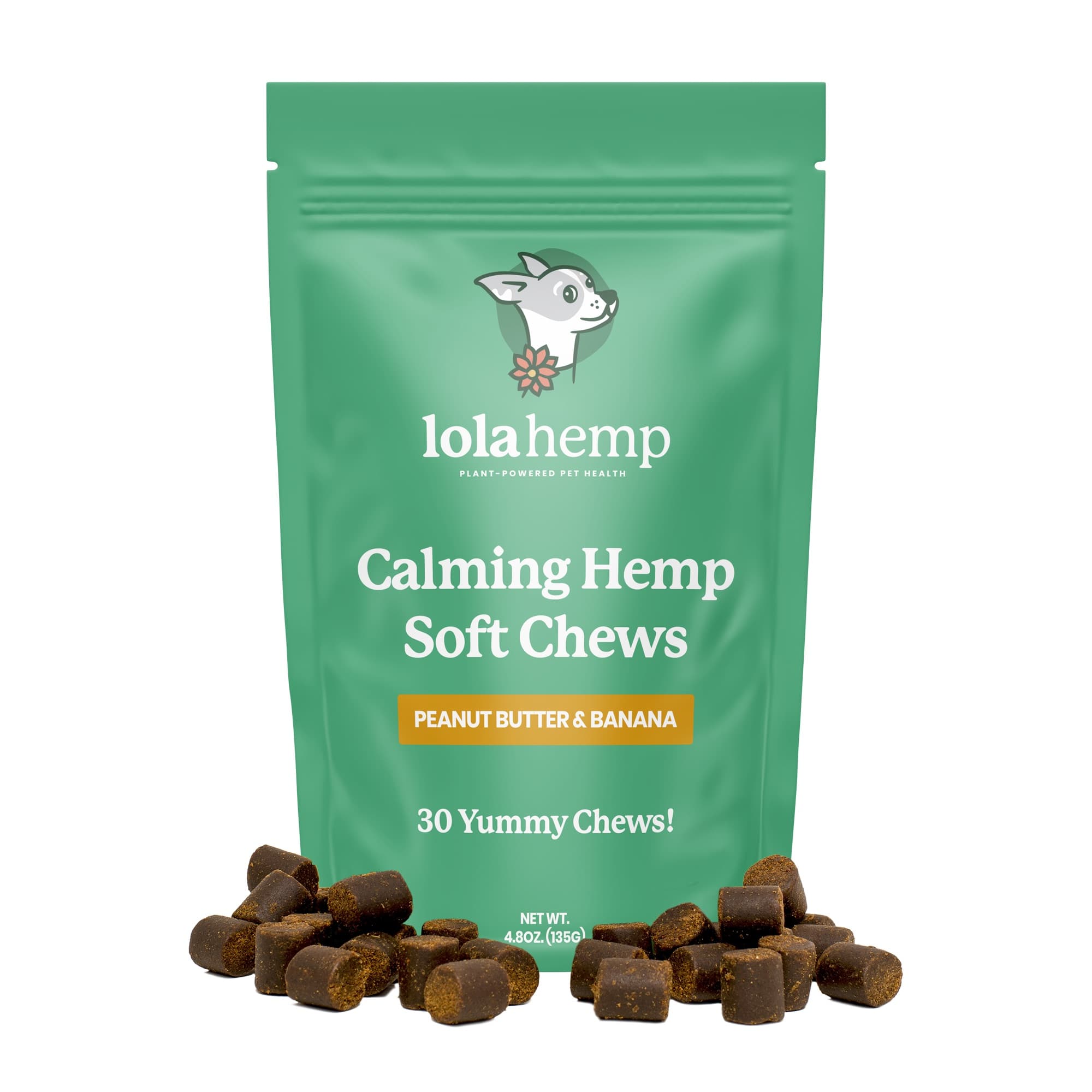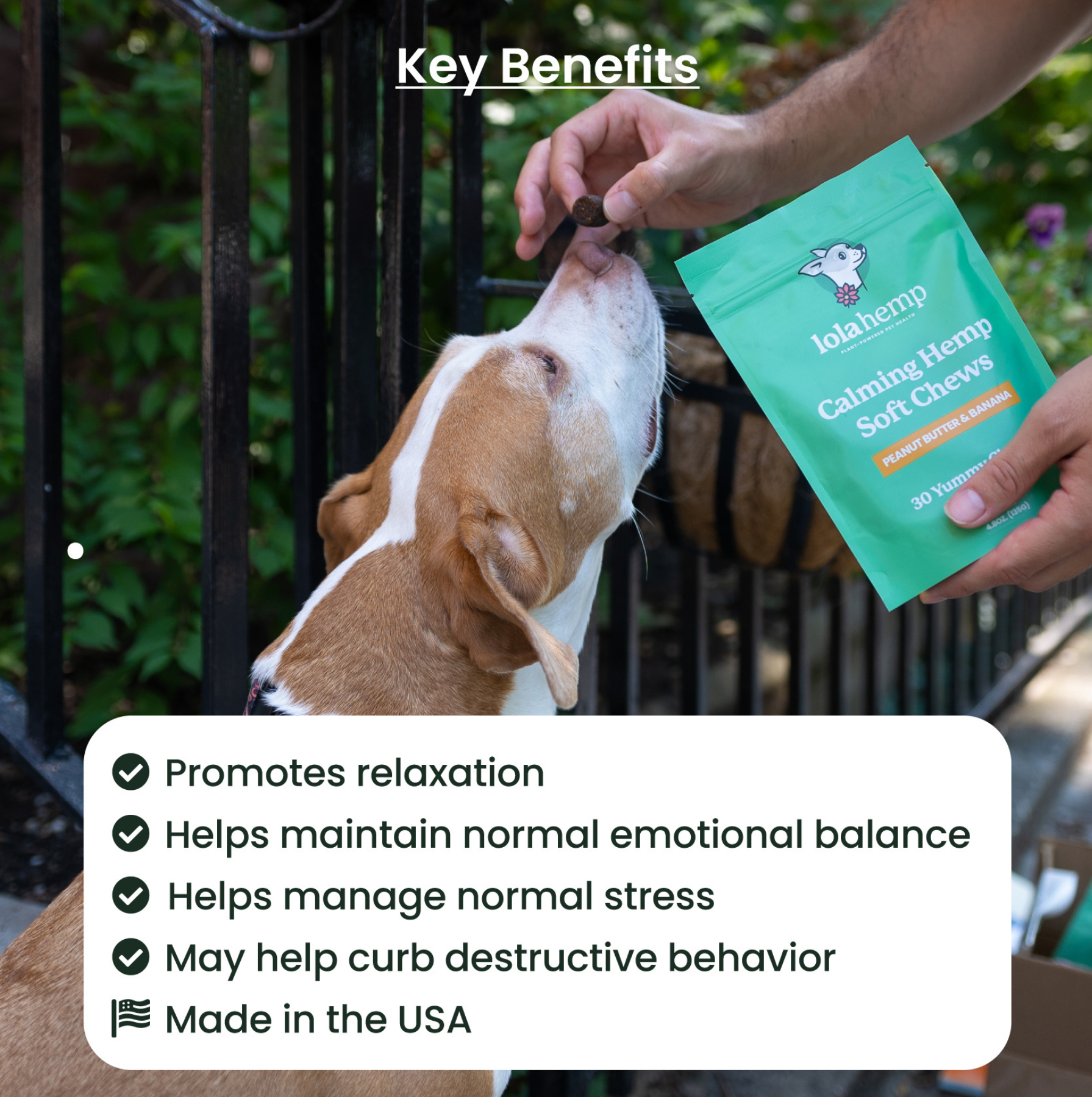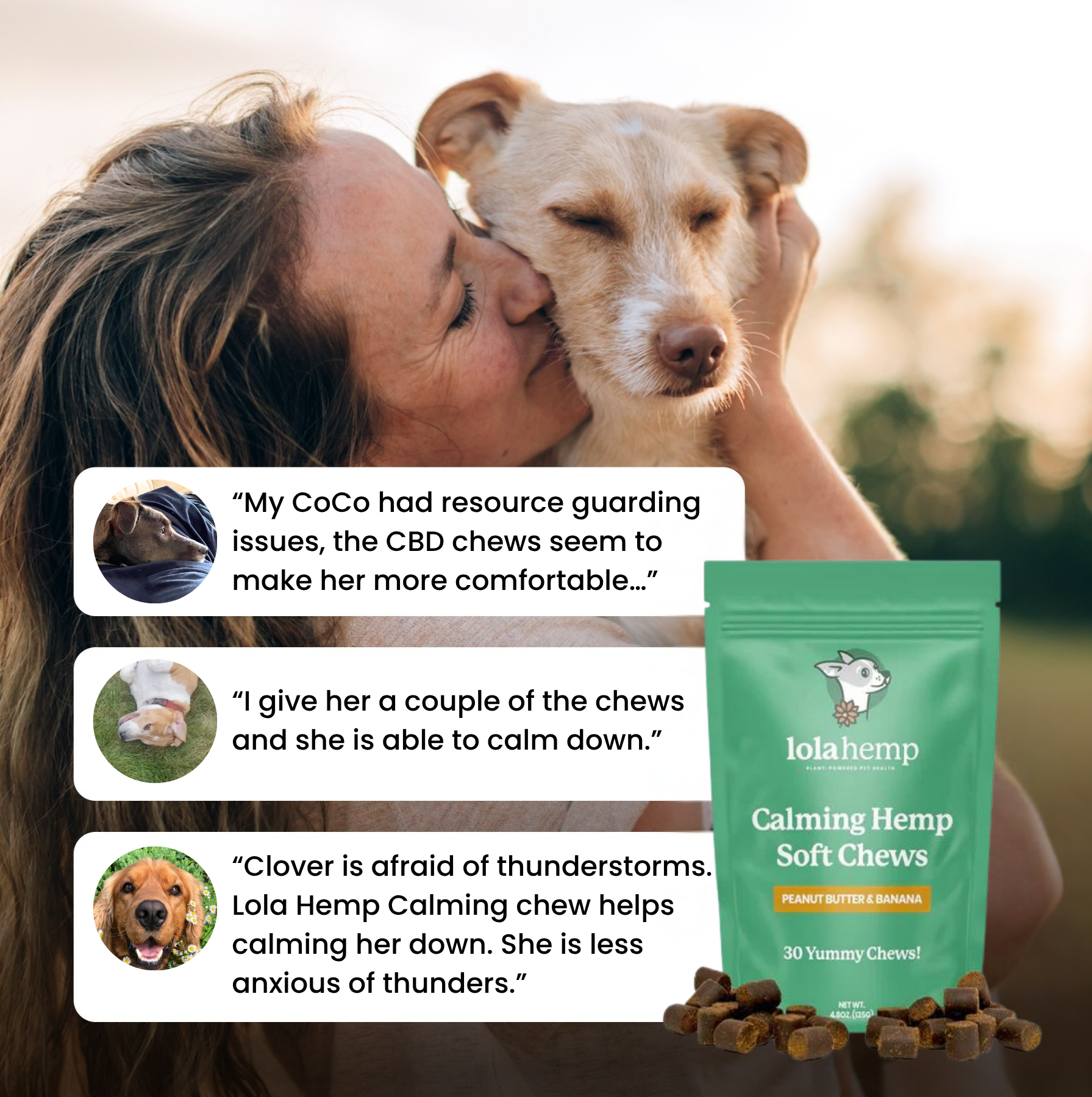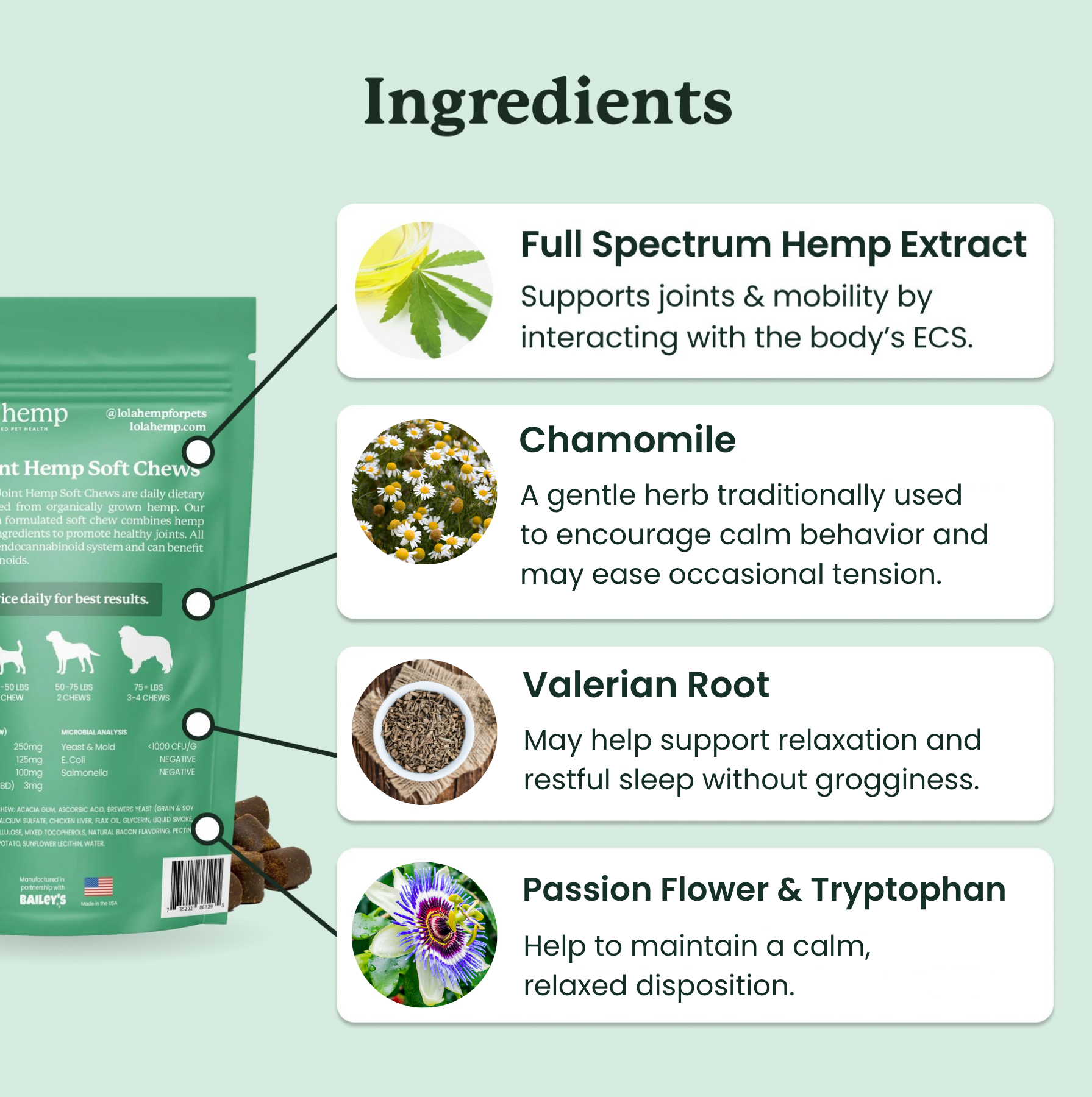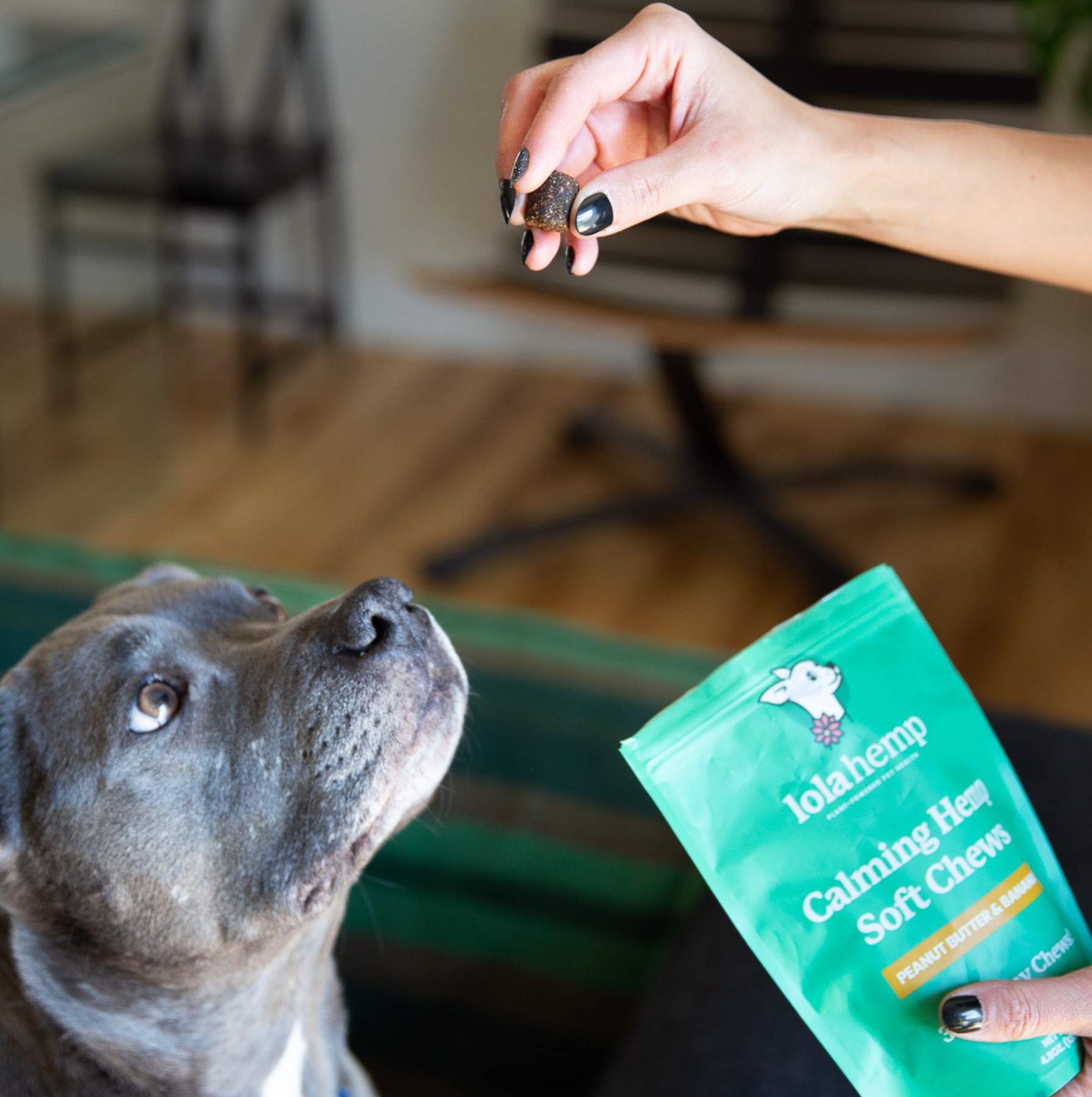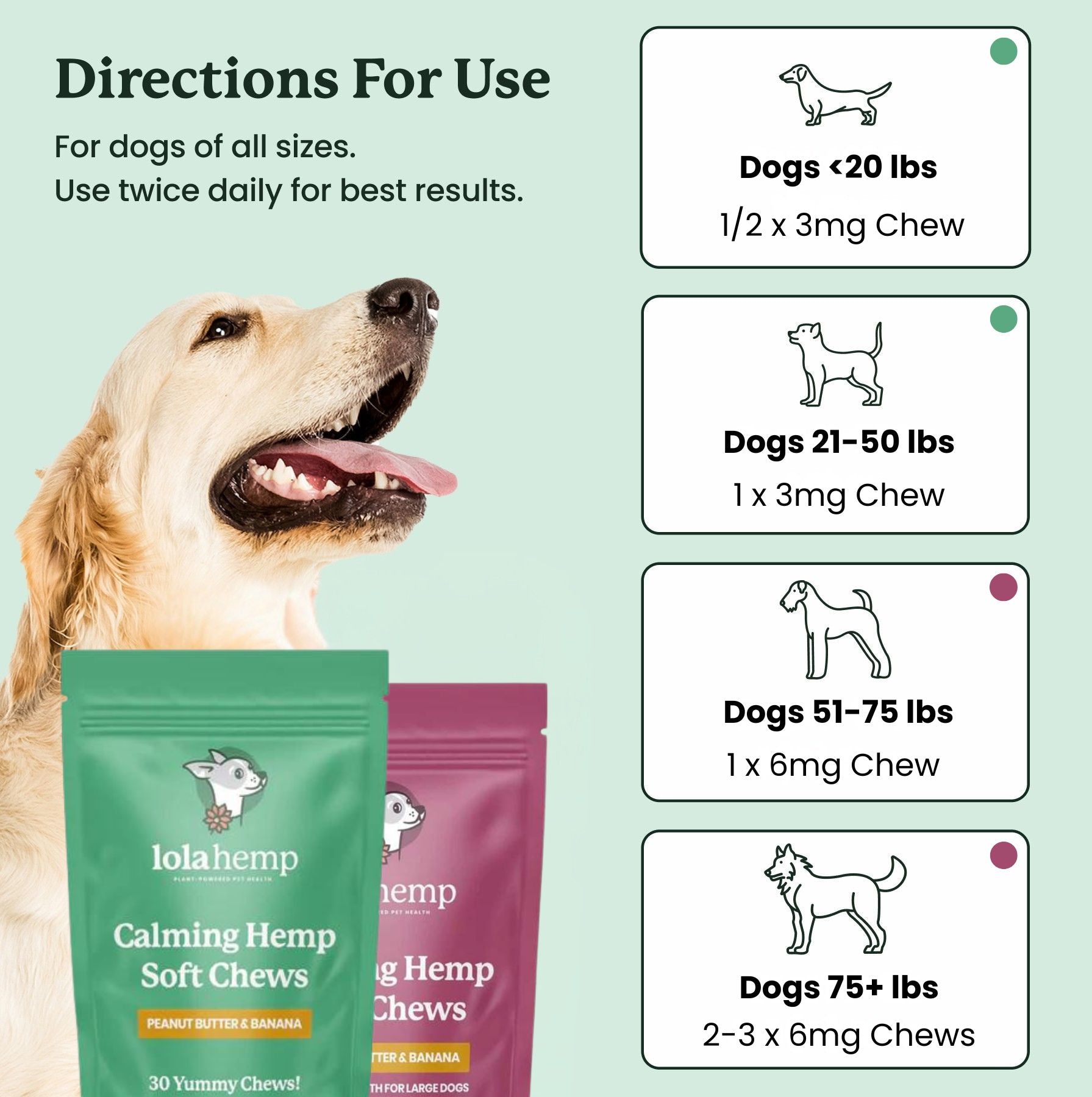Chocolate is notoriously bad for dogs, but why? Some of us may have heard about chocolate's perils for dogs so many times that we've forgotten the reasons behind it, or, for many of us, maybe nobody has ever really explained why chocolate is toxic to dogs.
Lack of knowledge can lead us to think "a little bit is just fine for them." Understanding why chocolate harms dogs may give you the extra reinforcement to deny your dog's pleas and attempts to get you to give them candy or other human foods that may be dangerous.
The short answer is that chocolate contains theobromine and caffeine, two toxic stimulants to dogs. Let's unpack that a little more so you can have a deeper understanding of the risks.
Why is Chocolate Bad for Dogs?
Chocolate is bad for dogs for a number of high-risk reasons, and a few lower-risk reasons.
1. Dogs Don't Metabolize Theobromine Well
The key factor in chocolate's risk to dogs is the presence of theobromine. Theobromine is a natural alkaloid found in some plants (cacao, in the case of chocolate) that functions as a mild stimulant. It's the part in chocolate that can give you a lasting, milder boost of energy because it metabolizes a little more slowly than caffeine.
The problem for dogs is that they struggle to metabolize theobromine, and large amounts of chocolate can cause spikes in heart rate and blood pressure that last for long periods. Theobromine also causes increased thirst, dehydration, urination, and nervous system issues like restlessness and even seizures in some cases.
Theobromine is highly present in all chocolates apart from white chocolate.
2. Caffeine is a Toxin to Dogs
Caffeine is the second-worst aspect of chocolate for dogs. The amount of caffeine in chocolate isn't likely to do too much damage to your dog, but the fact remains that they struggle to metabolize it.
Your dog doesn't need a stimulant, either, especially when theobromine is already ramping up their heart rate and nervous system. Caffeine acts only to increase risk, compounding the physiological stress that theobromine causes.
The combination of these two stimulants creates a difficult-to-metabolize cocktail that ramps up a dog's system for hours and puts them at high risk for a variety of serious issues, especially if they're already facing a health condition.
3. Added Sugars, Fats, & Xylitol
Dogs aren't equipped to metabolize all of the added sugars, fats, salts, and sweeteners in most chocolate bars. The longer the ingredient list, the riskier the candy.
Added sugars can trigger gastrointestinal upset, vomiting, diarrhea, and physiological changes. They can also give your dog another jolt of energy on top of the stimulant boost from theobromine and caffeine.
Fats in chocolate bars also pose the risk of inflammation of the pancreas. Lastly, products with xylitol may be deadly to dogs, as xylitol is a sweetener toxic to them even in the smallest amounts. Xylitol is a low-calorie sugar substitute often used in diet or sugar-free candies.
What to Do if Your Dog Has Eaten Chocolate
Chocolate can be dangerous for dogs. Fast action matters—especially with darker chocolates, larger amounts, or smaller dogs. Follow these steps:
- Stop access — remove any remaining chocolate and wrappers so your dog can’t eat more.
- Collect details — note the type of chocolate (baking, dark, milk, white), amount, time eaten, and your dog’s weight.
-
Call a professional now — contact your vet or a poison hotline:
• ASPCA Poison Control: 888-426-4435
• Pet Poison Helpline: 855-764-7661 - Watch for symptoms — restlessness, vomiting, diarrhea, rapid heartbeat, tremors, or seizures. Seek emergency care if these appear.
Even if your dog seems fine, always err on the side of caution with chocolate ingestion. Early treatment can make a big difference.
Conclusion
Chocolate is bad for dogs due to theobromine, caffeine, added sugars, fats, and xylitol. Each poses different risks, and together they can be deadly.
Do not give your dog any chocolate, no matter how small. Even if they’ve eaten it before without issue, health changes could make it dangerous now. The best approach is to stick with dog-safe, healthy treats and avoid human foods entirely.
Frequently Asked Questions About Chocolate and Dogs
1. Why is chocolate toxic to dogs?
Chocolate contains theobromine and caffeine—stimulants that dogs can’t metabolize efficiently. These compounds can over-stimulate the heart and nervous system, causing serious health issues.
2. Which types of chocolate are most dangerous?
Baking and dark chocolate have the highest theobromine levels and are the most toxic. Milk chocolate is less concentrated but still dangerous; white chocolate poses the lowest risk but should still be avoided.
3. How much chocolate is dangerous for dogs?
Even small amounts can cause issues, depending on the dog’s size and the chocolate type. Dark or baking chocolate can be toxic at just a few ounces for small dogs.
4. What symptoms indicate chocolate poisoning?
Early signs include vomiting, diarrhea, and restlessness, followed by increased heart rate, tremors, and seizures in severe cases.
5. What should I do if my dog eats chocolate?
Call your veterinarian or a poison hotline immediately. Provide details about the chocolate type, amount, and your dog’s weight. Do not wait for symptoms to appear.
6. Is caffeine also harmful to dogs?
Yes. Caffeine contributes to the same overstimulation and toxicity as theobromine, making it dangerous for dogs in any amount.
7. Can dogs eat chocolate alternatives?
No. Even “sugar-free” chocolate may contain xylitol, which is deadly to dogs. Always choose treats made specifically for pets.

